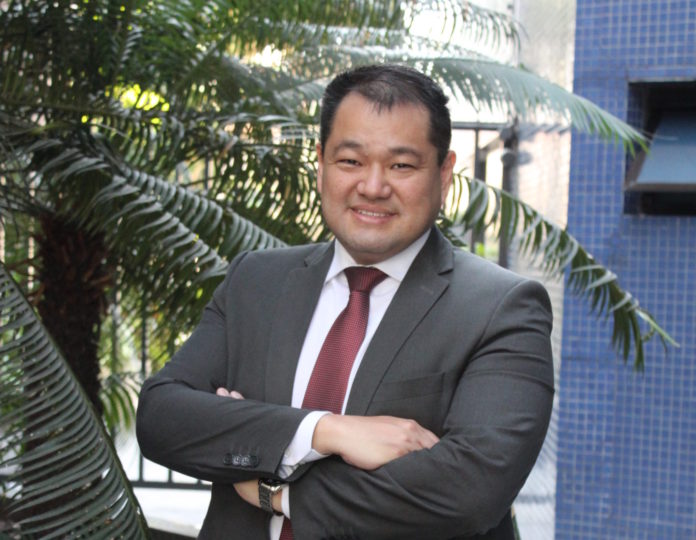 *By André Iizuka
*By André Iizuka
Technological disruption, new business models, short innovation cycles, increasingly easy access to information and knowledge, the low cost of new technologies and socioeconomic evolution have generated social well-being, facilities and a new way life that influences from the way of studying, working, watching movies, traveling, among other practicalities. According to the study “Brazilian Software Market: Panorama and Trends, 2022”, produced by the Brazilian Association of Software Companies (ABES), currently 77.9% of devices in the country are composed of smartphones with increasing annual advance of corporate user connections and end-uses, cloud software licensing, content applications, artificial intelligence, internet of things, 5G technology, and wearable devices. In addition, Decentralized Autonomous Organizations (DAOs) have used blockchain in crypto-asset applications, tokenization of material, personal and intangible assets, web 3.0, Defi, among other innovations.
Despite all these benefits, several challenges arise as a result of the need for cyber, legal and social security, as well as the regulation of the protection of fundamental rights, such as data privacy, private life, property, free competition, popular economy, etc. . And, in that order, regulation does not always follow the speed of innovation, creating gaps and legal uncertainty.
Parallel to this, Brazilian tax legislation, at its height of wide and sagacious complexity, always seeks to expand the scope of collection even if it lacks legality and express definition of tax typicality. And, even if the norm expressly prevents charging, information and communication technology (ICT) companies still suffer the tax incidence due to legal interpretations that are inconsistent with the Federal Constitution, or even due to technical and technological lack of knowledge on the part of members of the Power Judiciary.
Law No. 10,168/2000 (Cide Remittances), intended to finance the Program to Stimulate University-Company Interaction to Support Innovation, through the National Fund for Scientific and Technological Development - FNDCT, which was amended by Law No. 11,452/07 (art. 1-A), provides for the non-incidence of Cide on “… remuneration for the license to use or rights to commercialize or distribute a computer program, except when they involve the transfer of the corresponding technology.”
Despite the rule expressly defining the levy only in the case of technology transfer, the Tax Appeals Administration Council (CARF) edited Precedent No. ” even though there is no “technology transfer“. In this vein, the 2nd Panel of the Superior Court of Justice (STJ), when appraising Special Appeal No. technology, even if there is no access to the source code, that is, without the “absorption of technology”.
Currently, Extraordinary Appeal No. 928.942/SP (Topic 914) is being processed by the STF, with the aim of ensuring that Cide does not apply to remittances abroad that do not include the transfer of technology, as already guaranteed in art. 1°-A, of Law No. 10.168/2000. In order to combat this illegal collection, ABES created the Project “FORA CIDE-REMESSAS” (Link), with the aim of engaging associates and companies in the software sector to join this movement in order to guarantee the rights of not being subject to the collection of that contribution.
In view of this, it is extremely important in this environment of rapid changes and innovations to have greater interaction with companies, internal and external stakeholders with the purpose of always valuing social development, economic freedom and free enterprise, so that regulation and tax imposition are no longer a barrier to advances in technology.
*André Iizuka, member of the Board of ABES and Coordinator of the Taxation Working Group













